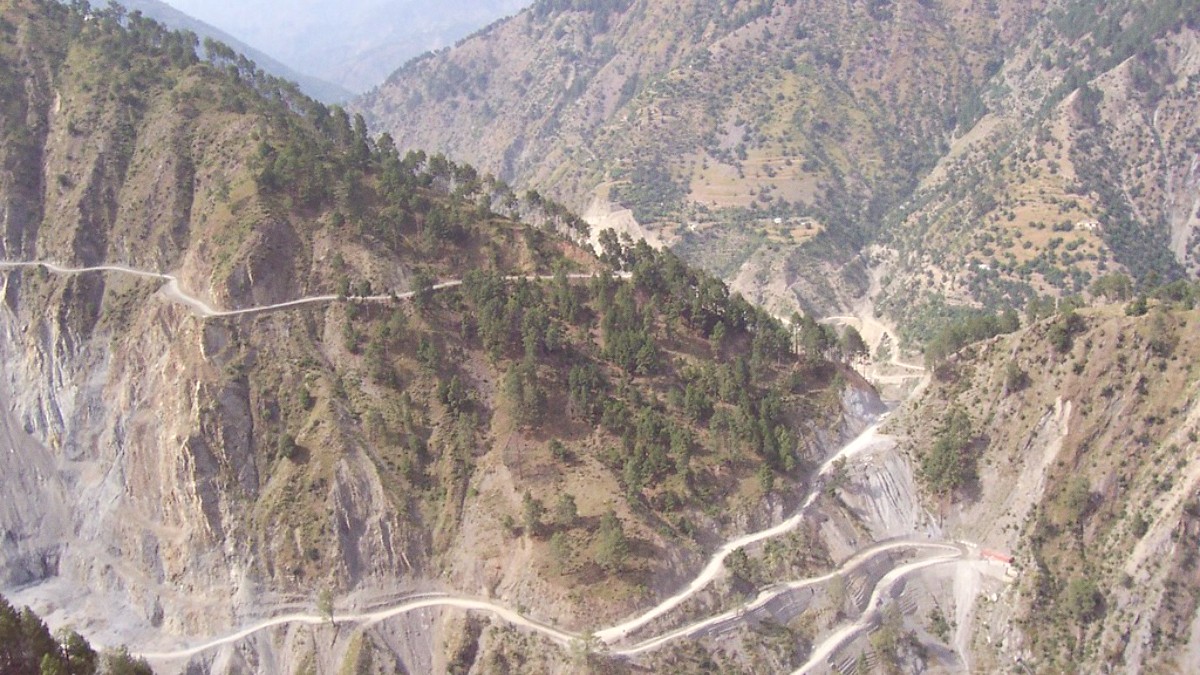
Jammu And Kashmir, India
SIM cards are available from major Indian mobile providers like Airtel, Jio, and Vodafone Idea in Leh town. Passport, visa copy, and a photograph are typically necessary.
Wi-Fi exists in most Leh town hotels and cafes, but connection speeds may be slow or inconsistent. Internet access is restricted or absent in remote areas.
Ladakhi is the local language. Hindi is widely understood, and English is common in tourist areas, hotels, and restaurants.
Plan your communication needs in advance, especially if traveling to remote parts of Ladakh where connectivity is scarce. Offline resources are your best friends.
Familiarize yourself with typical operating hours to plan your days.
Generally open from 9 AM to 8 PM in Leh town.
Typically operate from 8 AM to 10 PM.
Most are open 7 AM to 6 PM, with a midday break.
Banks usually operate from 10 AM to 4 PM, Monday to Saturday. They are closed on the 2nd and 4th Saturdays of each month, Sundays, and public holidays.
Many businesses, especially guesthouses and restaurants, close during winter (November to March) due to reduced tourist numbers. Roads to remote areas also close.
Checking operating hours and local holidays prior to your visit can prevent unexpected closures and disruptions to your itinerary.
Respect local customs to create positive interactions.
The word "Juley" holds diverse meanings and serves as a respectful and friendly greeting.
Dress modestly, especially when visiting monasteries, temples, or local homes. Shoulders and knees should remain covered.
Always ask for permission before photographing people, especially monks or villagers. Do not use flash inside monasteries.
Eat with your right hand if partaking in traditional meals. Tipping is not compulsory but earns appreciation for good service.
Moving clockwise around prayer wheels and other religious structures displays cultural awareness and respect.
Leh's terrain and infrastructure present considerations for travelers with mobility needs.
Infrastructure for travelers with mobility challenges is restricted. Pavements are often uneven, and many attractions, especially monasteries and palaces, involve stairs and steep climbs.
Specialized services for travelers with visual or hearing impairments are uncommon. It is advisable to travel with a companion or an organized tour that caters to specific needs.
Research specific tour operators or organizations specializing in accessible travel in India before your trip. Direct communication with your chosen accommodation clarifies their accessibility.
While Leh poses challenges, careful planning and communication can facilitate a fulfilling travel experience.
Inclusivity makes travel experiences richer for everyone. While challenges present themselves, tailored approaches can still make Leh accessible.